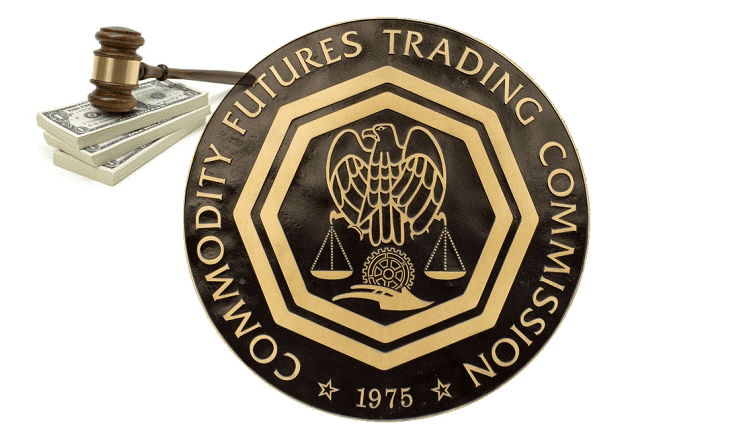The U.S. Commodity Futures Trading Commission (CFTC) issued an Order today filing and settling charges against Citigroup Global Markets Inc. for spoofing — bidding or offering with the intent to cancel the bid or offer before execution — in U.S. Treasury futures markets and for failing to diligently supervise the activities of its employees and agents in conjunction with the spoofing orders.
Citigroup’s unlawful conduct occurred between July 16, 2011 and December 31, 2012 (the Relevant Period), according to the Order. Citigroup is registered with the CFTC as a Futures Commission Merchant and provisionally registered as a Swap Dealer.
Citigroup Global Markets, Inc. was also fined a great amount of money ($15 million) by FINRA for IPO roadshow violations just few years ago.
The Order requires Citigroup to pay a $25 million civil monetary penalty. The Order also requires Citigroup to cease and desist from violating the Commodity Exchange Act’s (Act’s) prohibition against spoofing and the CFTC regulation governing diligent supervision. In addition, the Order requires Citigroup to comply with undertakings, including providing annual training addressing the Act’s legal requirements with regard to spoofing to its employees who submit orders on U.S. futures markets and their supervisors and maintaining systems and controls reasonably designed to detect spoofing activity by its traders.
CFTC Director of Enforcement Aitan Goelman commented:
Spoofing is a significant threat to market integrity that the CFTC will continue to vigorously investigate and prosecute. Additionally, as this action shows, registrants with supervisory responsibilities must provide their employees with sufficient training and have in place adequate systems and controls to detect spoofing. Failure to do so will have significant consequences.
The Order also finds several supervision failures related to Citigroup’s spoofing. First, Citigroup provided insufficient training about spoofing to traders on its U.S. Treasury and U.S. Swaps desk. In fact, for most of the traders through which Citigroup spoofed, the only communication they received about spoofing before or during the Relevant Period consisted of a single compliance alert containing the Act’s anti-spoofing language. Second, the Order finds that Citigroup did not have adequate systems and controls in place to detect spoofing by traders on its U.S. Treasury and U.S. Swaps desks. Third, the Order notes that even when alerted to a spoofing incident involving one of its traders, a supervisor and other members on the U.S. Treasury desk failed to comply with Citigroup’s then-existing policies regarding reporting violations of the Act.
Further, the Order recognizes Citigroup’s cooperation during the investigation of this matter, including Citigroup’s self-reporting of additional potential spoofing orders after the CME had inquired about certain suspicious orders, as well as corrective action taken by Citigroup prior to entry of the Order to improve its supervisory systems, internal controls, and training with respect to spoofing.
